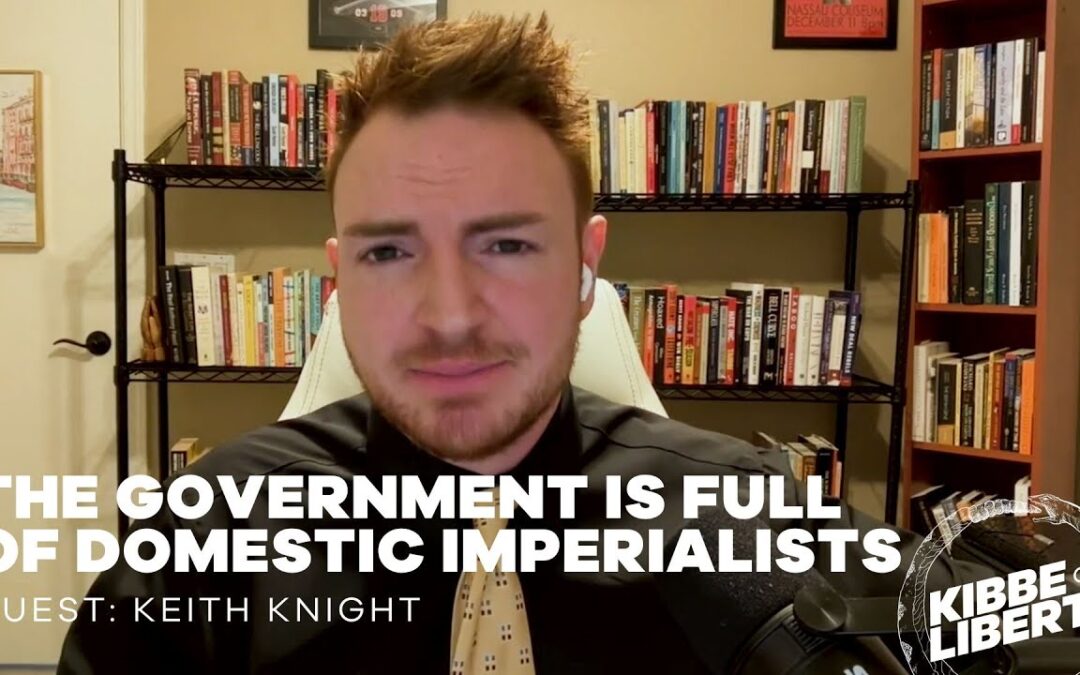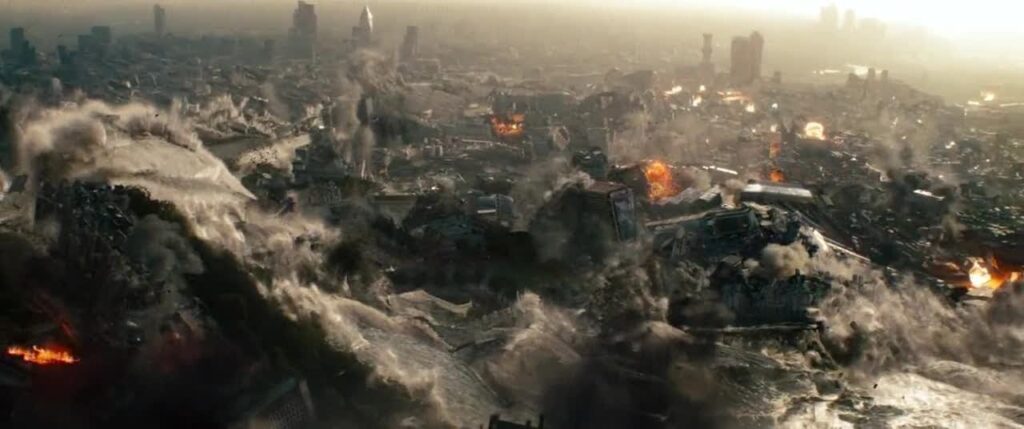As the Cabinet appointees within the incoming Trump administration take shape, there is cause for hope among libertarians, as well as some cause for concern. Matt Kibbe is joined by Keith Knight, managing editor at the Libertarian Institute and author of the book “Domestic Imperialism: Nine Reasons I Left Progressivism,” to talk about why progressives and neoconservatives alike are so quick to agitate for foreign wars and why it’s so important to keep hawks like Nikki Haley and Mike Pompeo far from the levers of power.
X: https://x.com/
Facebook: https://fb.watch/v_
Podcast: https://playlist.















